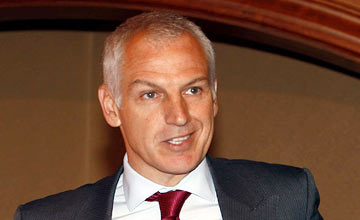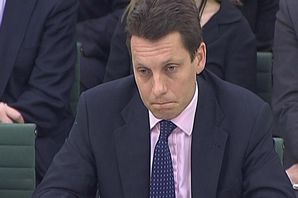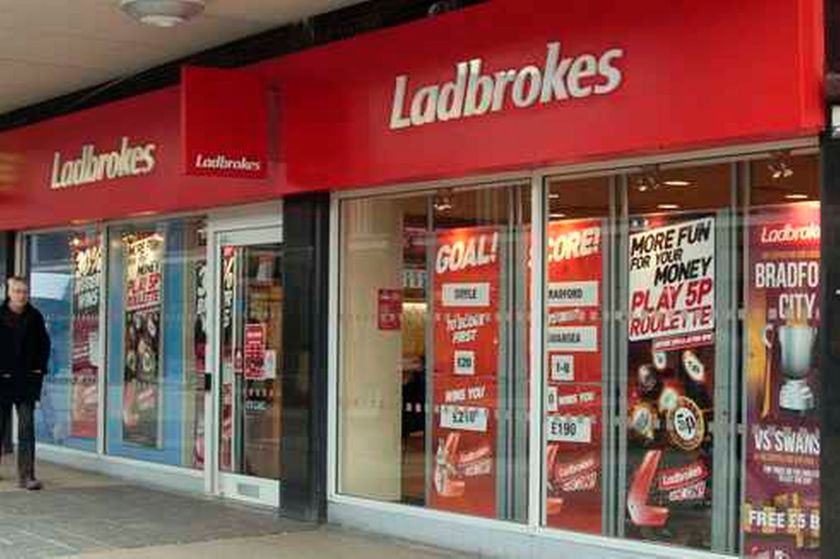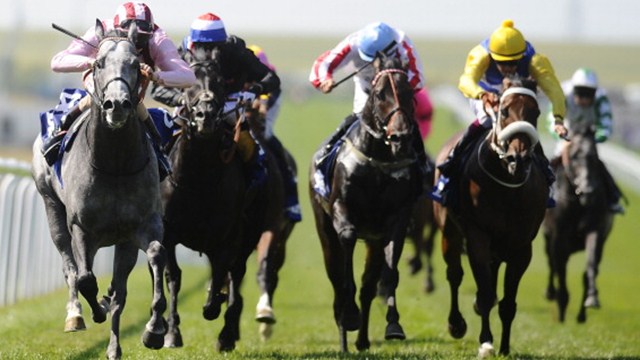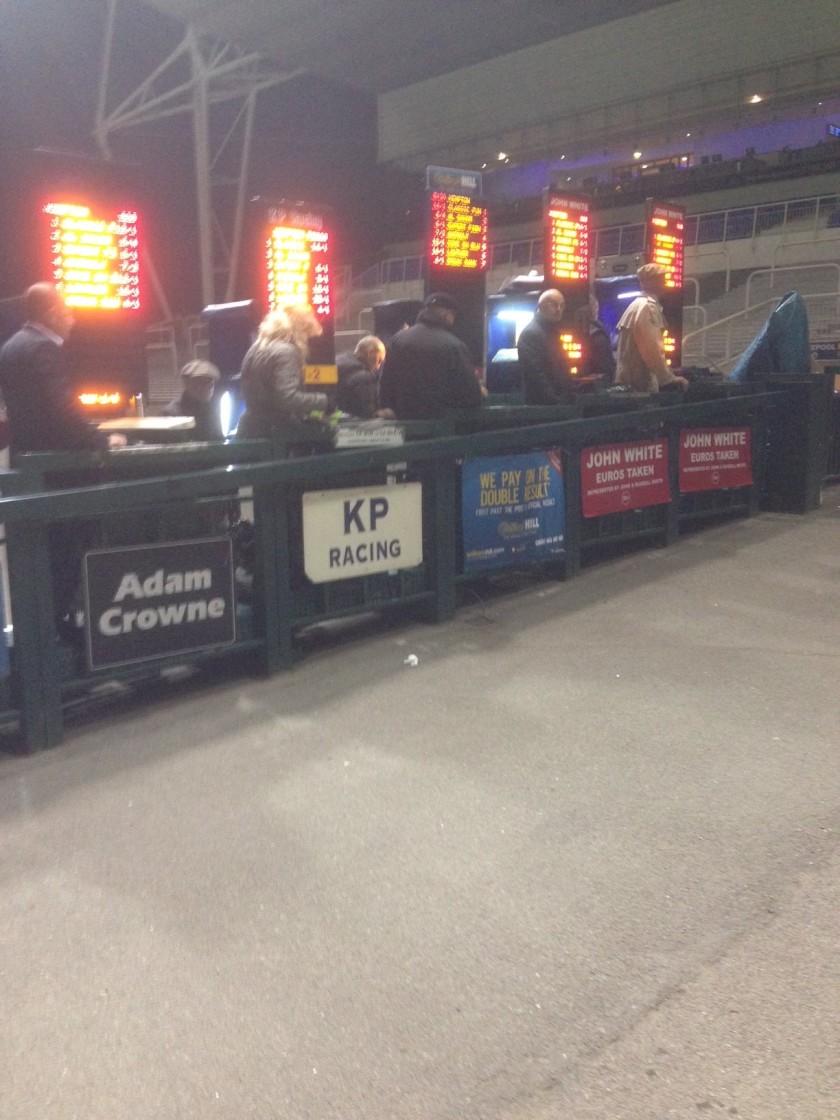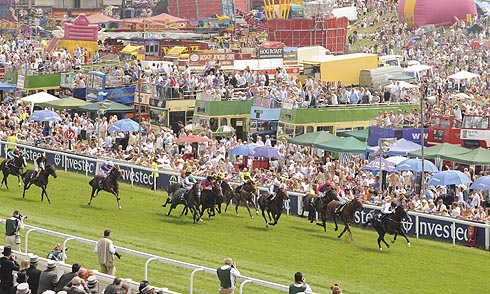‘When I was younger, I worked in my family’s betting shop in Yorkshire, and we never turned a bet down. ‘ Philip Davies MP.
‘Skybet undertake to lay to lose its customers, on Racing, £100. Richard Flint CEO of Skybet

In the intervening period since Davies ran his family’s little LBO, things have changed dramatically in the world of bookmaking. Little bookmakers, the likes that Davies describes, are dying out, in favour of supermarket style betting companies like Skybet.
And they’ve stopped taking bets. They provide no reasons for these failures. They answer no questions on the matter.
As things have stood for a few years now, regulators, advertising standards, trading standards and MP’s have stood by and watched large betting corporations advertise products without mandating them to offer the same to all of their customers. I’m no consumer lawyer here, but it seems these companies are breaching several codes, not to mention basic consumer rights.
The Gaming Committee in Parliament has taken an important first step here. What I’ve always found hard to understand is the lack of activity amongst regulators to bring firms fully to account. Consumers have rights.
Richard Flint’s speech revolved, of course, on the rights of the company, in his view, to deliver profits for its shareholders. The rights of consumers, no, wait a minute his own customers were not considered. He is perfectly aware of the PR ills afflicting modern day business, but such matters are usually brushed over by Richard Keys adverts.
Of course, the views of Richard Flint were taken by Racing Post editor Bruce Millington who spoke with some passion to describe all nefarious means punters utilise to get a bet on, and even run business off of bookmakers, without beginning to understand why that was taking place. Nor that such behaviour can be readily controlled by online operators should they wish to. He discussed line trackers, arbers, bonus hunters, value burglars. All the bad things some punters are supposed to be up to these days. His sympathies very obviously lie with big betting as at no stage did he criticise Flint for their modus operandi, nor did he offer any workable solution as Rowlands did for the HBF.
The Racing Post is an active partner in such companies, the very future of his paper and jobs sold to companies that include Skybet. Bruce is, by extension, an employee. I found his participation odd, I mean what did the gaming committee expect to hear from the Racing Post editor? Certainly not a robust defense of consumer rights but I suppose most representatives of big betting declined to appear and explain themselves. The Racing Post has never to my knowledge ran any article openly criticizing its partners. It might ‘report’ on fines or the like, but comment? Certainly not as it has proffered headlines like the image shared below, sensationalising (errantly) the activities of on course bookmakers who do not sponsor the paper.
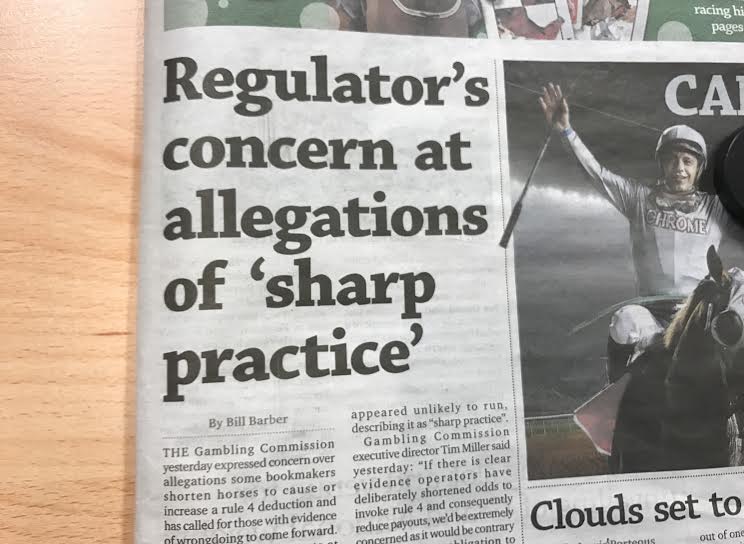
Bruce did clearly say a ‘lay to lose’ minimum was something he felt would not work, but he’s totally wrong. It works extremely well in Australia. The eradication of nefarious activity in that state and a fairer betting platform either escapes his intellect or offends his commercial sense. A lay to lose minimum certainly can benefit operators, forcing them to bet to a margin where everyone is granted a wager, as they are entitled to.

What Bruce should be screaming is why on earth everyone (but him) isn’t being afforded a bet. It is right that newspapers are seen to champion the rights of consumers. This is why I’d suggest he is so universally unpopular. A role he seems to embrace.
On the very day he was speaking ‘on behalf’ of punters, he sanctioned the first three pages in his paper in support of FOBT’s. It’s simply indefensible, little wonder the circulation is so low. Where is his respect for the many complaints directed at the trade paper, from his readers, for its defence of betting when they behave so poorly? The hypocrisy of this editor stinks.
Ok, so why ‘restrict’ anyone. If you’ve decided someone is no good – why risk the embarrassment of being a multi million pound company and laying a bet of £1? Surely you just close the account and move on?
No NO NO!
Let’s examine Skybet. Bought for circa 800 million a few years back by CVC. Business ‘grows’ in customers. It ‘Claims’ a half a million more this year to 2 million. It doesn’t release profit figures. In ‘growing’ the business CVC now plan to float the same at a proposed value of 2.4bn. Some rate of ‘growth’ that, – a fanciful figure! But you do the maths. If they even get close to that valuation for its owners, it dwarves doing a few million in because you laid ten places in the Grand National, or offer Best odds against everyone on a Saturday. So even if you do lose a few million ‘gaining weight’ the city loves you.
Conclusion? All you mugs are double mugs for opening up accounts with them, only to be treated like dirt because you’re good at punting and then permit them to keep your account ‘active.’
So you get it? It’s not about the win or loose, it’s the total number. Hence Bet365 ‘claim’ 22 million customers. The level of restrictions, given how close to the bone, even overbroke every Saturday on racing, they choose to bet. They ‘add’ value to the company.
This isn’t what Richard Flint covered, he knows you’re too dumb to figure this one out. He knows no matter how he treats you, you’ll sign up like soldiers if he offers ten places in the US Masters. You’re not very bright – are you? In fact I’d conclude so many who complain to me about restrictions are as dopey as sheep. Why should I care if your moral sensibilities end at their next offer?
How many of those treated so badly, sign up to my firm? Even if we’re just as competitive and lay every one of our customers a wager online to win at least £1000, I hear people say ‘I don’t like the colour of your website’ or ‘you don’t do cashout.’ So we treat punters with respect (punters-not traders btw) – we don’t do cashout, the highest value product to a bookmaker, we rebate a little to our customers every week and we don’t do gaming. We’re precisely what the smart individual should be about, being rewarded for their loyalty and growing old together. I’m a traditional bookmaker and very proud of it. I thoroughly disapprove of these gaming giants and everything they stand for. So should you, make a stand today and sign up to us.

Richard Flint I found engaging, smart and non-confrontational. A decent sort, and at least brave enough to answer his critics. However, his company, and its peers, do bombard our children with adverts, exacerbate a problem gambling culture, allow people to fund their accounts with credit cards, and leads with slogans like ‘it matters more when there’s money on it.’ An odd campaign for a company more famous for what it does not lay, than what it does. Much of what they do offends a traditional layer like myself. I’ve only ever known laying bets, but they force me to compete on prices they choose often not to lay.
I do applaud this first step from Davies and his committee and the work of the punters forum. I note they haven’t had the courtesy of a response from many companies, that doesn’t surprise me.
Lord Lipsey had it right. He warned operators that to ignore the concerns of Parliament into their behaviour, or even to simply fail to engage with customers and regulators is a dangerous move for the companies. He also made the very valid point that for firms to advertise a price for something, yet not to lay that price, is an issue for advertising standards, of which he has considerable expertise. His view the ASA would likely rule against such operators for their failures to lay what they peddle. So why haven’t punters done precisely that?

Apathy. Punters love a moan, but most are simply too damn lazy or feckless to do anything about it. They whine about Bet365 not laying them a bet, but meekly sign up to their next offer. Donald Trump was elected despite offending the sensibilities of women, Mexicans, immigrants. People howl, then line up to sign on.
The bottom line, what it all comes down to, in betting, is PRICE. That’s the sole determinant of whether you lay a bet or perhaps not. And naturally how much you lay. Since so many offers are so very unsustainable in commercial terms, yet attractive in new customers.
If I look at a sea of punters in front of me at Cheltenham, I don’t think of who is undesirable or not. We simply don’t restrict bets on course since we run a book based purely on the odds. Indeed, the smallest fiddler on the racetrack would comfortably lay a bet to lose £105 to everyone. Something Skybet will not.
When on course bookmakers were mandated to respect each way standard place terms, they adapted. And so can big betting to any ‘lay to lose’ minimum.
Would some punters lose out? No, but traders would. Those currently utilising bookmakers to facilitate a business. Casual punters are not as obsessed by price as you’d imagine. They just want a bet and I have every sympathy with their complaints.
So a business based on PRICE and not MARKET SHARE would accommodate all of its customers. Isn’t that right Richard?
My point to the committee involved the UK Gambling Commission. They collect essential data from online operators for every quarter. Number of self-exclusions, cooling off, age and sex of new customers is all collated. Lots of interesting material on the demographics of the UK gambling sector. But they currently do not require operators to provide data on how many they close, how many they restrict. They seem afraid to tackle the subject. Why? Surely Parliament and the DCMS must be provided with this information, if they are to have an accurate picture of the sheer scale of the problem.
There’s a clear problem. They are responsible for fair play. Make it your business to find out what’s going on. That’s how you justify your wages lads.
Richard Flint claimed they only restrict 2% of their customers. I’m not sure if he was discussing ten pin bowling, but with my online experience, I’d say that figure was fanciful. In the absence of data who can accurately dispute anything he says?
How do restrictions work? You’d be human to imagine such impressive companies have the very latest tools and analysis, not to mention teams of staffers working on the problem. In fact, it’s depressingly low tech. Broadly based on rather simple software tools working at the point of sale. Bookmaker price vs exchange price. Yes, I did say exchange, the two-bit penny arcade that runs the show.

Traders for such companies aren’t career bookmakers blooded at Ludlow over twenty years in the rain laying bets and understanding margins. They’re young, impressionable and often ill trained student types, trained to follow Betfair. Many of these traders I’ve met in interview, and their lack of depth and understanding into how punters think and behave is startling.
The truth is Denise Coates of 365 doesn’t engage with customers, – other than via Ray Winstone. They don’t answer questions, offer views, defend or trumpet the business. She’s not alone. William Hill, Betway, Betbright and Betfair have nothing to say on restrictions. They simply refuse to comment. They’re too ashamed to engage.
I’m in the online marketplace. I thoroughly support a lay to lose and it should be £1000 a bet for my customers. That’s what it is, with almost no exception. Yes, we close the traders down or stop them taking prices, but that’s only after personal and detailed analysis of their actions, and only when we conclusively feel they’re operating business off of our backs. And then we tell them exactly why we’re doing what we do.
For those of you thinking of challenging me on why I don’t just lay everybody right now every bet? Well quite simply I’m forced to compete with companies like Bet365 and their restriction culture or put the key in the door. So, patience is what I ask, until government mandates they offer a fair bet to all – I’m manacled to their policies. I do better than any of them in laying a bet to all my customers though. I’ve noticed barely a single restriction in my business in any wager to win at least £1000 in my business in the last month. We’re reacting.
What I support is a culture based on price and respect for all customers. I don’t agree with Simon Clare of ‘never a quarrel Coral’ when he says, ‘some need to be controlled.’ I believe it’s up to the operators to operate a fair platform of betting for all, to an acceptable lay to lose. £1000 is not a gigantic sum for companies turning over billions a year. Any argument against that level I’d challenge in any debate, bring on a straight debate. We operate to that level right now, don’t tell me Skybet, Betfair or Coral cannot match my offer.
Good luck getting a bet with them.
Racing Post link to speeches given to the panel












